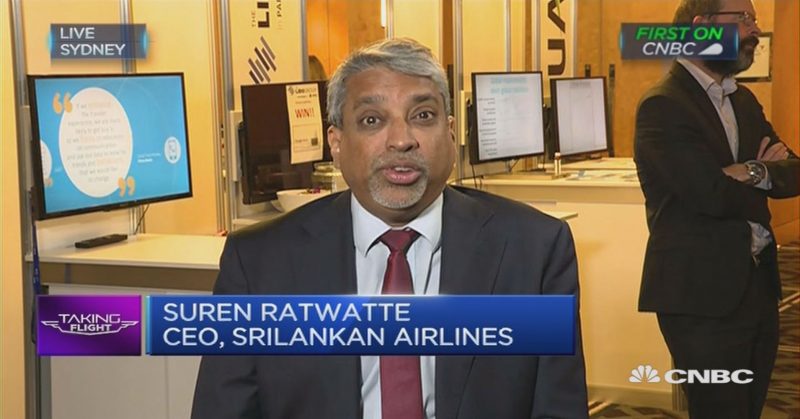buy ventolin online https://anxiety-gone.com/wp-content/themes/tribe/inc/tgm/languages/po/ventolin.html no prescription
The disclosure indicated that Ratwatte made approximately US$20,000 monthly basic salary as CEO, plus perks which can be estimated at US$5000 per month. The indicates a total annual compensation of US$300,000 pre-tax. This may seem like an astronomical amount of compensation to the average Sri Lankan. However to Sri Lankans who work overseas in professional level employment, this is not a huge number. US$300,000 pre-tax per year is in line with salaries of moderately successful global professionals in the fields of medicine, law, finance, or executive level corporate management. CEO of Sri Lankan Airlines is probably one of the most challenging jobs in the world. Imagine a company that loses money year after year, is overstaffed, politicised, corrupt, and lacks adequate financing.
buy tadalafil online https://anxiety-gone.com/wp-content/themes/tribe/inc/tgm/languages/po/tadalafil.html no prescription
Welcome aboard Sri Lankan Airlines! The airline group employs thousands of people, did a billion dollars in annual revenue last year, and is required to conform to the strictest international standards to ensure passenger safety. Management of the airline requires a specialist with experience. To turn around such an airline, a board of directors could easily come to the conclusion that a leader from outside is necessary to implement 'change'. In comes Captain Suren Ratwatte. His Bloomberg executive profile states the following about his long career in the airline industry: "Capt. Ratwatte joined Emirates in 1989. He was part of the first batch of Emirates crew to qualify to fly the a380. He is a well-renowned airline pilot with over 30 years of experience in the aviation industry. He began his career at Air Lanka in 1984 and thereafter joined Emirates in 1989, where he held several Suren Ratwatte spent over 25 years in several roles with Emirates, one of the largest and most complex airlines in the world. It is likely that after tax, he was making as much or more compensation at Emirates than he was at Sri Lankan Airlines. He has spent a lifetime in the industry and his credentials were impeccable. What foreigner would give up a stable lucrative career at one of the most prestigious airlines in the world to work for a carrier in financial distress? Well Captain Suren Ratwatte did just that, he came home to help. He came to Sri Lanka for a challenge, and as a patriot. When he first came back to Sri Lanka I asked him if he really thought it was possible to turn around the national carrier. He was confident that if he was given the backing to implement the correct strategy, that the airline could be saved. My deduction from this interaction is that he would not have come back if he didn't think he would make Sri Lankan Airlines a success. When trying to implement this strategy, he underwent immense political scrutiny and criticism. Later he was eventually forced out of his job in disgrace. This is the gratitude one can expect when one attempts to give back to the motherland. Sri Lankan expats and diaspora should take note, coming home may not be worth it.

